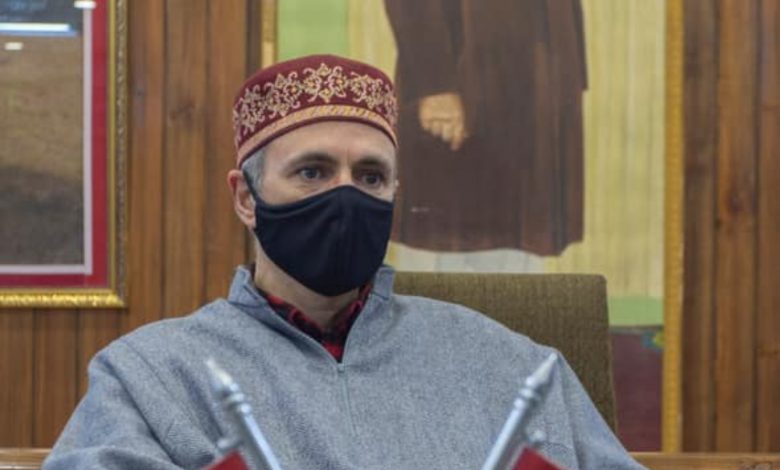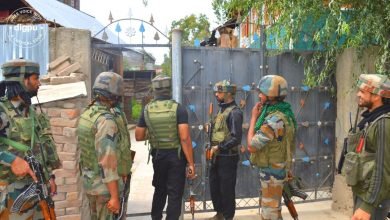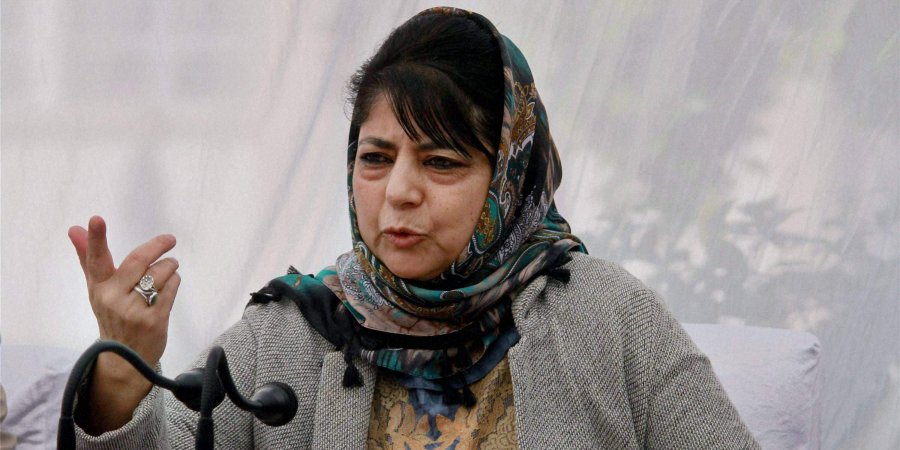An ‘adverse police report’ can’t be a substitute for being found guilty: Omar Abdullah

Reacting to the latest order, the former CM Omar Abdullah said, “An ‘adverse police report’ cannot be a substitute for being found guilty in a court of law.”
NEW DELHI — National Conference vice president and former chief minister, Omar Abdullah on Sunday slammed the authorities for a fresh directive, which empowers J-K Police to deny security clearance to those “involved in crimes prejudicial to the security of the State, including stone-pelting.”
Reacting to the latest order, the former CM said, “An ‘adverse police report’ cannot be a substitute for being found guilty in a court of law.”
Omar stated, “A year-and-a-half ago, J&K Police were able to create an ‘adverse police report’ to justify my detention under the Public Safety Act that would never have stood up to legal challenge.”
“They did the same with scores of others, many of whom had these police reports tossed out by the courts,” he said, adding, “An executive order cannot replace a court of law. Guilt or innocence must be proven in court & not based of vague unproven police reports.”
Pertinently, as per an order, “All the field units of CID SB-Kashmir are hereby directed to ensure that during verification related to passport service and any other verification related to government services, schemes, the subject’s involvement in law and order, stone pelting cases and other crime prejudicial to the security of the State be specifically looked into and same must be corroborated from local police station records.”
The decision by the J&K Police to deny security clearance to those ‘involved in crimes prejudicial to the security of the State, including stone-pelting” is expected to affect hundreds of families in Kashmir, where the official list of street protesters grew to around 20,000 in 2017.
Also, the new order is likely to make hundreds of locals ineligible for passports and jobs in the Valley, which has seen major upheavals and long cycles of street protests and civilian killings during the 2008 Amarnath land dispute, the 2009 Shopian “murder” case, the 2013 hanging of Parliament attack convict Afzal Guru, the 2016 Burhan Wani killing, and the protests following the Centre’s decision to end Article 370.







